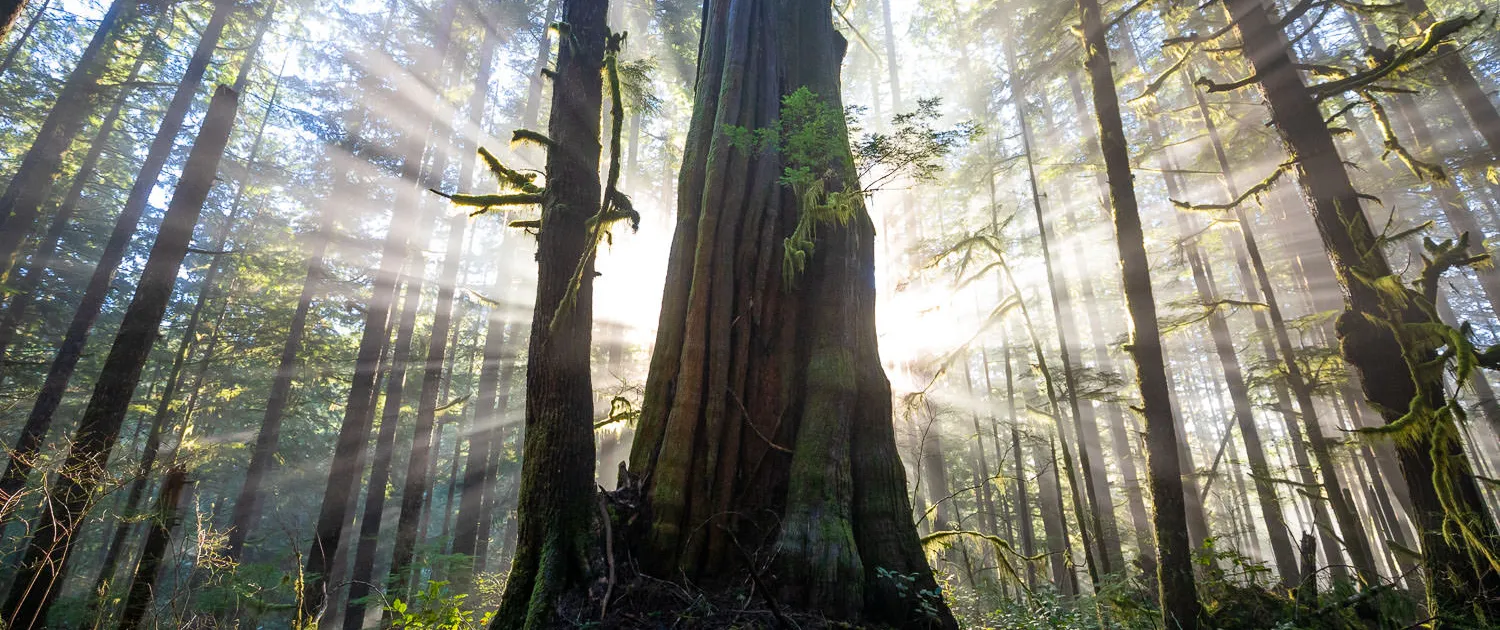 May 15 2015
May 15 2015VIDEO: Powell River residents shocked as logging company moves to cut treasured trees
View VIDEO at: https://www.vancouverobserver.com/opinion/powell-river-residents-shocked-logging-company-moves-log-treasured-trees
*******
I found out that Island Timberlands (I.T.) was set to begin logging in Powell River the same way that the local residents found out—on April 22, on Earth Day.
I.T. issued a press release and the Powell River Peak relayed the news to the public that the forestry company was going to start harvesting their timber assets within Powell River.
On the map included with the article, the cut-blocks were outlined in colored lines indicating the different classes of ownership involved. Island Timberlands owns the timber rights for several parcels of land within the City of Powell River. In some cases they don’t actually own the land, but hold one-time timber rights. In other areas they own the land fee simple.
Island Timberlands is the second-largest private landowner in British Columbia (next to TimberWest), with over 230,000 hectares of private forest lands on the coast of B.C., including on Vancouver Island, the Gulf Islands, and the Sunshine Coast. Weyerhaeuser, and before that, Macmillan-Bloedel formerly owned these lands. Much of their land base on Vancouver Island dates back to the E&N Railway grants of the 1880s.
Many in the Powell River community were dismayed, to say the least, at the news that the forest that stands in the center of their community would be gone in four months. Before they even had time to process what was about to happen, the sounds of chainsaws fired up in the distance and trees could be heard falling.
A few days after Island Timberlands announced its plans, the mayor of Powell River announced the purchase of one section of Island Timberlands’ lands adjacent to Millennium Park for $1.2 million. It seems they thought that this would appease the community and I.T. would be free to clear-cut the rest. They were mistaken.
Despite a long heritage as a forestry town, a strong contingent of residents exist who are staunchly opposed to the logging of Lot 450 and want to see it protected. A rally on Saturday, May 9 brought a diverse range of voices who came out to speak against this logging in their community, including people from within the forest industry. But they have few legal options available to them to stop the logging.
The Private Managed Forest Lands Act governs logging on private lands, and the Private Managed Forestlands Council (PMFLC) oversees this sector of the industry. The PMFLC is a five-person board consisting of two government representatives, two industry representatives, and a fifth the other four board members appoint.
That means that the government that made this law — which many environmental groups see as deeply flawed — and the companies supposedly regulated by the law, jointly oversee alleged violations. But few cases reach the point of a penalty and the maximum fines are negligible.
Seeing little hope in pursuing Island Timberlands under the Private Managed Forest Lands Act, activists in the Powell River community have shifted their focus to the Wildlife Protection Act, which also governs Island Timberlands’ logging activities.
One provision of the Wildlife Act is that it prevents logging companies from cutting trees where certain birds nest, such as eagles, falcons, hawks, herons, and ravens. Luckily for the people of Powell River, it happens to be the early days of nesting season, so they are getting out into the woods to find active birds’ nests.
With the help of an environmental consultant who has been hired to assist with the field check, volunteers have been combing the woods in search of any nesting birds that are in the path of I.T.’s logging operations. So far 15 nests have been discovered and more are being documented every day.
At the time writing, Island Timberlands has been notified of 15 nests that have been documented with GPS in the areas they are currently slated to harvest. One raven’s nest was directly in the path of I.T.’s current logging operations.
The company “voluntarily” stopped cutting in that area and have moved elsewhere on their land.
The community is continuing to search for nests that may impede Island Timberlands’ operations, which they hope will buy them some time to start a conversation over how and where forestry is done in Powell River.
Island Timberlands did not respond to the Vancouver Observer’s requests for comment at the time of publishing.





